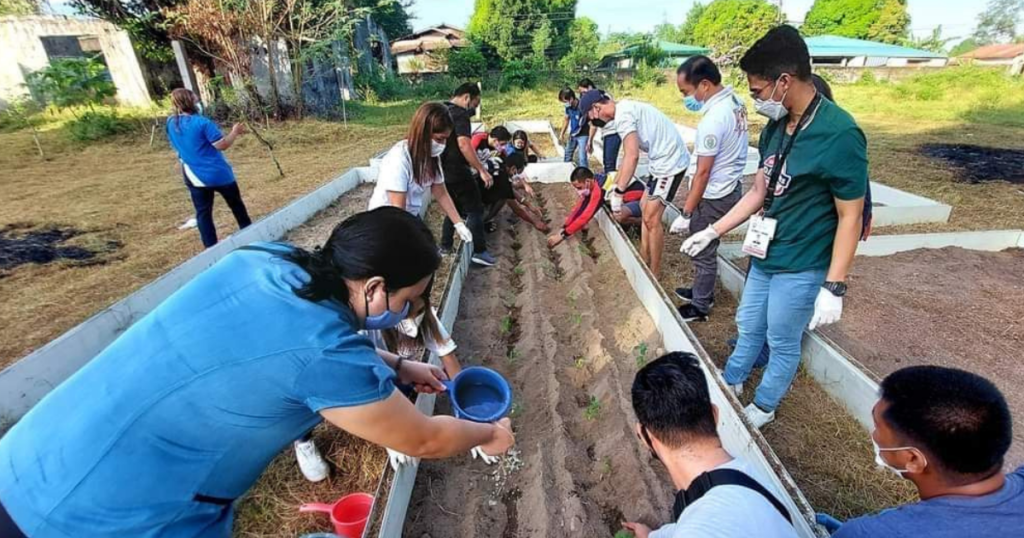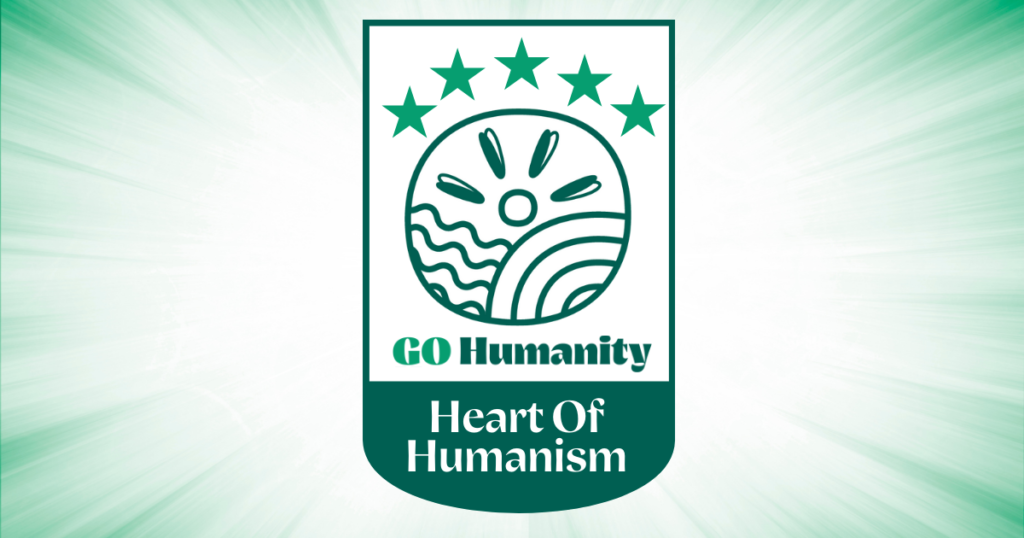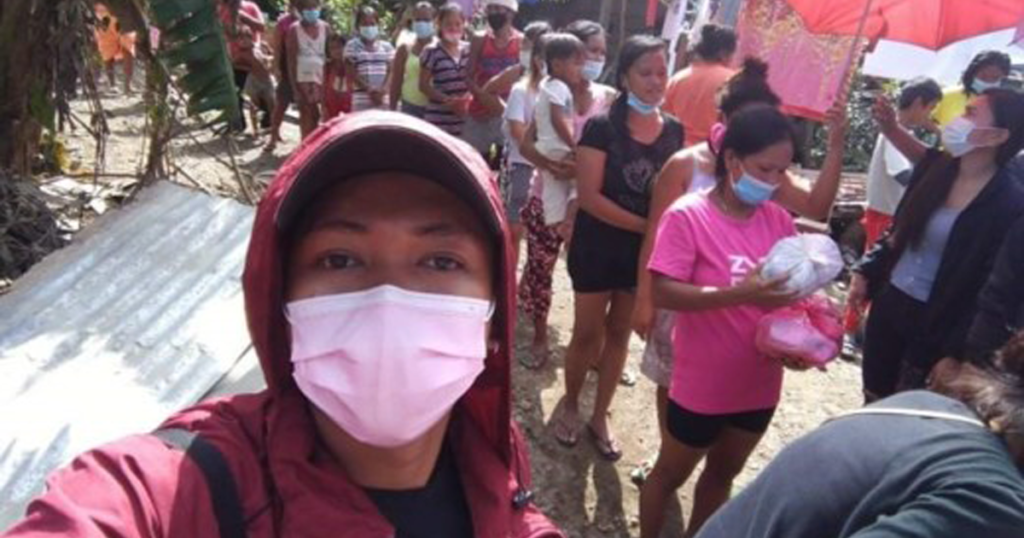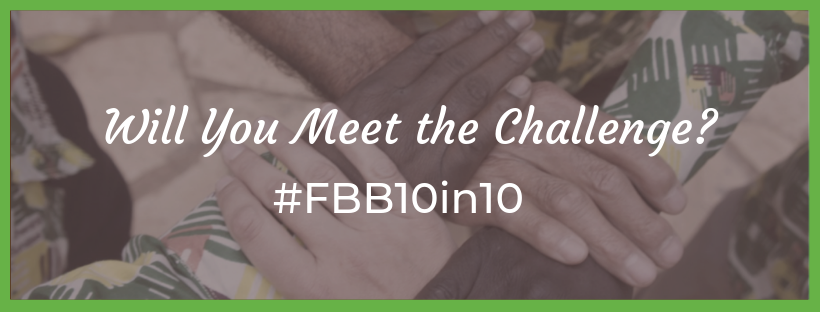Search results for: typhoon
Super Typhoon Haiyan, Philippines
A super typhoon that the US Navy's Joint Typhoon Warning Center has called the most powerful storm to make landfall anywhere on Earth in recorded history devastated the Philippines on November 8 (local). Over 10 million people were in the path of the storm, which is 300 miles across with a wind speeds up to 235mph and…
Read MoreTyphoon Haiyan leaves the Philippines reeling
 |
| Photo: Noel Celis (AFP/Getty) |
In the wake of Typhoon Haiyan, Foundation Beyond Belief’s Humanist Crisis Response program is collecting donations in support of CITIZENS’ DISASTER RESPONSE CENTER, a community-based relief organization in the Philippines that is working to provide food, water, medicine, shelter kits, sleeping kits, and hygiene kits. As of Wednesday morning, the FBB community has raised more than $40,000 for CDRC’s relief efforts. 100 percent of all donations will be forwarded to CDRC throughout the course of the drive. Click here to contribute.
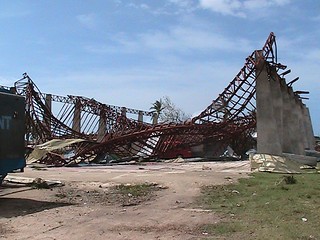 The news from the Philippines continues to be grim:
The news from the Philippines continues to be grim:
- Officials are reporting looting and anarchy as desperate survivors search for food in the wreckage.
- Families continue to search for the bodies of loved ones beneath the rubble.
- Satellite images of the hardest-hit areas taken before and after Haiyan show widespread destruction.
- CDRC’s Flickr page is full of photos from devastated regions of the Philippines.
Please consider making a donation to support CDRC’s efforts in the Philippines.
Science of Giving: The role of psychological distance in providing aid after Super Typhoon Haiyan
 |
| Photo credit: Bullit Marquez (AP) |
 Brittany Shoots-Reinhard has a PhD in social psychology with a specialization in attitudes and persuasion and judgment and decision making. She is also the Foundation Beyond Belief director of special projects.
Brittany Shoots-Reinhard has a PhD in social psychology with a specialization in attitudes and persuasion and judgment and decision making. She is also the Foundation Beyond Belief director of special projects.
The most powerful storm in recorded history made landfall last week, ravaging a huge swath of the Philippines and killing possibly 10,000 people. Survivors in the Leyte province are largely without food, water, shelter, and other necessities as the Filipino government and the world responds. As humanists, our first instinct is to help, and indeed more than 200 people donated in the first 48 hours of FBB’s Humanist Crisis Response to Super Typhoon Haiyan. But the Philippines is more than 8,000 miles away from the United States on the other side of the world, which can make it a challenge for people in the U.S. to grasp the need and the tragedy. Geographical distance creates psychological distance (e.g., Liberman, Trope, and Stephan, 2007), which reduces motivation (e.g., Cryder, Loewenstein, and Seltman, 2013), and our emotional involvement (e.g., Bratfisch, Ekman, Lundberg, and Kruger, 1971).
But even when the people right in front of us need help, we might not give it. The bystander effect is the paradoxical impact of group size on helping: The more people are around, the less likely help will be provided as everyone assumes someone else will or should help (e.g., Darley and Latané,1968; Latané and Darley, 1970). However, this effect depends upon psychological distance. If the group of people feels connected, by friendship or even by membership, in the same social category (e.g., gender), the bystander effect is reversed, so that helping is more likely as group size increases (e.g., Levine and Crowther, 2008).
Disasters in remote areas of the world are high in psychological distance, whether it’s produced by geographical distance, distance in time, or lack of feelings of similarity or social closeness. And that distance translates to reduced helping relative to disasters nearby. This research suggests that reducing the psychological distance between us and Filipinos will increase donations. Because of the wide variety of variables that influence psychological distance (e.g., Liberman et al., 2007), there are a number of ways to increase aid across far distances.
One strategy is pointing out shared social categories (e.g., parent, sibling, etc.) that increase feelings of similarity. A second method is listening to narratives from those who experienced the tragedy. Narratives take advantage of the identifiable victim effect, as well as evoking emotions and vivid imagery (Green and Brock, 2000). Narratives reduce social distance, geographical distance, and distance in time all at once, because the reader feels like they have been mentally transported into the situation or are the main character. Thus, a “moving” story can be moving both figuratively in that it evokes emotion and literally in that it motivates action.
If you have been moved by stories of the destruction and tragedy in the Philippines, please give what you can to FBB’s Crisis Response. Every dollar you give will be forwarded to the Citizen’s Disaster Response Center, which will be providing emergency response, disaster mitigation, and rehabilitation to Filipinos devastated by Super Typhoon Haiyan.
Read MoreHumanist Crisis Response supports recovery efforts in the wake of Super Typhoon Haiyan
 |
| Photo: AP Photo/Nelson Salting |
A super typhoon that the US Navy’s Joint Typhoon Warning Center has called the most powerful storm to make landfall anywhere on Earth in recorded history devastated the Philippines on November 8 (local). More than 10 million people were in the path of the storm, which is 300 miles across with a wind speeds up to 235 mph and tidal surges of 12 to 15 feet. On the Dvorak Scale, which measures tropical cyclone intensity on a scale of 1.0-8.0, Haiyan has rated a full 8.0.
At this writing, we still do not know the extent of the disaster, but catastrophic damage, massive flooding and mudslides, and significant loss of life are anticipated. In response to what will certainly be an urgent need for humanitarian aid, Foundation Beyond Belief’s Humanist Crisis Response program is now collecting funds in support of recovery efforts in the Philippines.
We have selected CITIZENS’ DISASTER RESPONSE CENTER, a seasoned and effective community-based relief organization in the Philippines, as the beneficiary of this drive. 100 percent of all donations will be forwarded to CDRC throughout the course of the drive.
Philippines continues rebuilding after devastating Typhoon Bopha
 In December, Typhoon Bopha, a category 5 super typhoon, struck Palau and the Philippine island of Mindanao, causing hundreds of deaths and leaving thousands homeless. Now, more than a month after the storm hit, communities are still struggling to recover from the devastation.
In December, Typhoon Bopha, a category 5 super typhoon, struck Palau and the Philippine island of Mindanao, causing hundreds of deaths and leaving thousands homeless. Now, more than a month after the storm hit, communities are still struggling to recover from the devastation.
According to the International Committee of the Red Cross:
In a matter of hours, some communities in Eastern Mindanao were literally blown away by Typhoon Bopha (locally known as Pablo). . . . More than 90 percent of the area is a scene of utter destruction in four of the worst-hit municipalities; many people have seen their entire livelihood wiped out in one fell swoop. In response, the ICRC is stepping up its operations by dispatching more food and other essential supplies.
Please consider sending a donation to ICRC to help these communities recover and rebuild.
Read MoreDecember Beyond Belief Network Roundup!
We just finished rounding up reports of what teams in our volunteer network did for their communities in December… plus their annual stats!
Read MoreAnnouncing the Winners of the 2020-21 Heart of Humanism Awards!
FBB gives the annual Heart of Humanism awards to recognize sterling service from Beyond Belief Network (BBN) teams, as well as individuals who make extraordinary contributions to compassionate humanism. 2020 presented enormous challenges to humanists striving to making an impact in their communities. We faced dual obstacles: heightened need and unprecedented changes to how we…
Read MoreNovember Beyond Belief Network Roundup (Plus Team and Photo of the Month)!
Between the holidays and FBB’s Annual Appeal, we’ve had a lot on our hands the last couple months. So have volunteers in the Beyond Belief Network! We just finished compiling November’s volunteer reports. Please join us celebrating what teams did for their communities during the kickoff of holiday season!
Read MoreHDR Deployment: South Carolina 2016
HDR Deployment: South Carolina 2016 2016 witnessed the first deployment of FBB’s highly anticipated Humanist Disaster Recovery (HDR) Teams program. To support this program, please donate here. The October 2015 North American storm complex brought a high precipitation cold front across the United States, stalling along the Eastern coast, tapping into moisture from nearby Hurricane…
Read MoreWill you meet the challenge?
Ten Years. Over $3 million in grants awarded to charities around the world. Over 150,000 volunteer hours given to service in local communities. Foundation Beyond Belief is so much more than these numbers. In ten years, we’ve helped rebuild communities devastated after hurricanes, earthquakes, and typhoons. We’ve helped bring hope and independence to women accused of…
Read More
